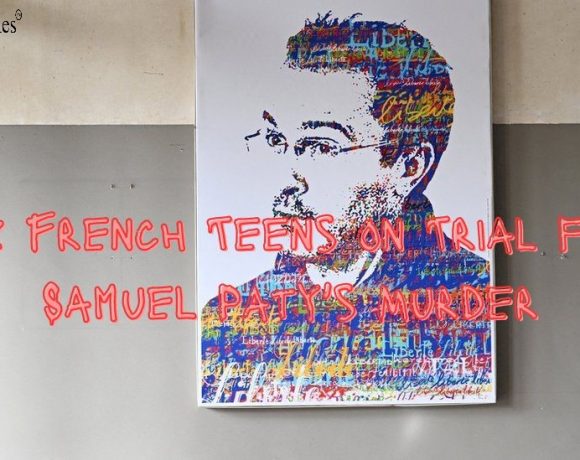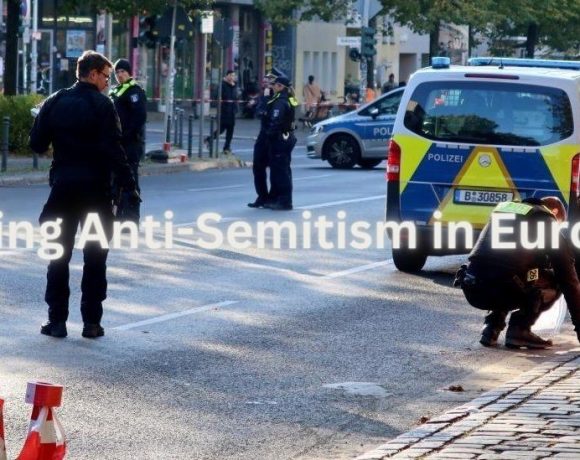
Six teenagers in France, aged between 13 and 15 at the time, are currently on trial for their alleged complicity in the murder of teacher Samuel Paty in 2020. The tragic incident occurred when Paty, who had shown cartoons of the Prophet Muhammad during a class on freedom of expression, was killed by a Chechen refugee. The teenagers are accused of slander and of guiding the murderer to Paty at the school.
The youngest among them, a 13-year-old girl, had been suspended from school just days before the murder, for reasons unrelated to the case. However, she falsely claimed to her father that she confronted Paty over an alleged request for Muslim students to leave the class, leading to social media posts that prosecutors believe influenced the killer’s actions.
These teenagers face serious charges, and if convicted, they could be sentenced to a maximum of 2.5 years in prison. The case has sparked significant public attention and highlights the complex dynamics surrounding the events leading up to Paty’s murder. The teenagers are not accused of directly committing the murder but rather of playing a role in facilitating the tragic incident.
In addition to the ongoing trial of these six teenagers, a second trial is scheduled for next year. It involves eight adults, including the father of the 13-year-old girl currently on trial. The second trial will further explore allegations of complicity in the murder, bringing to light the broader network and individuals who may have contributed to the events leading up to Paty’s death.
The broader context of this case includes accusations against two friends of the Chechen refugee who carried out the murder. They are facing charges of “complicity in a terrorist murder,” the most severe crime in this case. One is accused of accompanying the murderer to buy weapons, while the other is accused of driving him to the school where Paty taught on the day of the murder. These accusations underscore the serious nature of the events surrounding the teacher’s death and the varied roles individuals are alleged to have played in its execution.
Picture Courtesy: Google/images are subject to copyright

